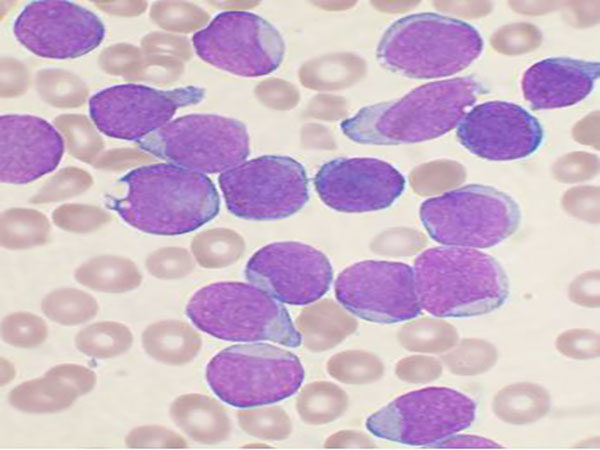How Does Climate Change Impact Cancer?
Last month, the United States officially rejoined the Paris Agreement, an international treaty adopted in 2015 that aims to reduce carbon emissions and mitigate the effects of climate change.
While much of the discourse surrounding climate change centers on its environmental impacts, it is becoming increasingly apparent that unchecked climate change will have adverse impacts on human health as well. In particular, the environmental consequences of carbon emissions and climate change could lead to an increased risk of cancer, disruptions to cancer care, and higher mortality rates.
The efforts undertaken as part of the Paris Agreement to reduce carbon emissions may help reduce cancer risk and mortality by improving air quality and promoting healthier diets and lifestyles. Air pollution is a well-established risk factor for lung cancer, and recent studies published in the AACR journal Cancer Epidemiology, Biomarkers & Prevention have demonstrated that fine particulate matter in the air may increase cancer-specific mortality in adult patients with early breast cancer and in pediatric and young adult patients with various cancers. Efforts such as investing in renewable energy, improving emissions standards for vehicles, and preventing deforestation are expected to decrease air pollution.
Sedentary lifestyles and poor diets are additional risk factors for cancer. Improved air quality and investments in public transit could result in greater time spent outdoors and help promote physical activity. Reducing carbon emissions could also help prevent agricultural challenges posed by warmer temperatures, extreme weather events, and rising sea levels, thereby increasing access to nutritious foods.
Mitigating the effects of climate change can also help lessen the adverse impacts of natural disasters on health due to environmental pollution.

Increases in global temperatures driven by the combustion of fossil fuels are expected to cause major changes in weather patterns, leading to natural disasters that are both more frequent and more devastating. These catastrophes are likely to increase exposure to carcinogens, as has already been observed in the aftermath of several recent natural disasters. During the wildfires that ravaged California in 2020, the increase in air pollution made the San Francisco Bay Area’s air quality the worst in the world. In Texas, the flooding of chemical plants and oil refineries caused by Hurricane Harvey in 2017 led to the release of large amounts of carcinogenic substances into the Houston area.
Natural disasters also cause major disruptions to medical care, which can delay routine screenings, diagnoses, and treatments for cancer, ultimately increasing mortality rates. As described in a recent commentary published in Cancer Epidemiology, Biomarkers & Prevention, natural disasters can damage essential infrastructure, interrupt medication supply chains, and lead to the loss of medical records. In Puerto Rico, for example, Hurricanes Irma and Maria led to the widespread loss of electricity, damaged roads, and disruptions in transportation. As a result, much of the health care system was unable to function, and patients could not travel to receive oncology care. Challenges in delivering oncology care continue today due to the long-term damages caused by the hurricanes.
In 2015, 196 countries joined the Paris Agreement, uniting to tackle the climate crisis. By rejoining the Paris Agreement last month, the United States has once again acknowledged the pending dangers that climate change poses both to the environment and to human health.



